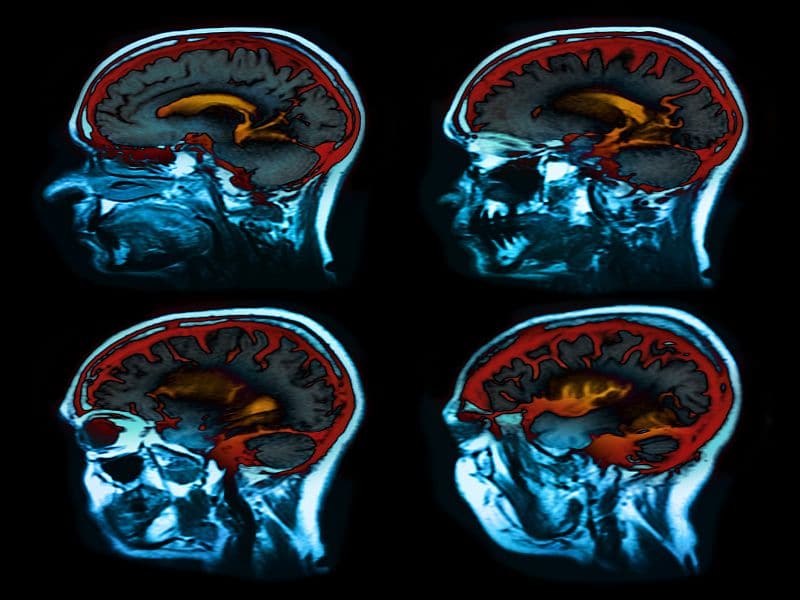
Low back pain is a common health complaint. And if it sidelines you for too long, it can lead to weight gain, a loss in your fitness level and keep you from doing things you love. But not moving isn’t the answer — specific exercises can help you get back to everyday activities. If you’re… read on >





























